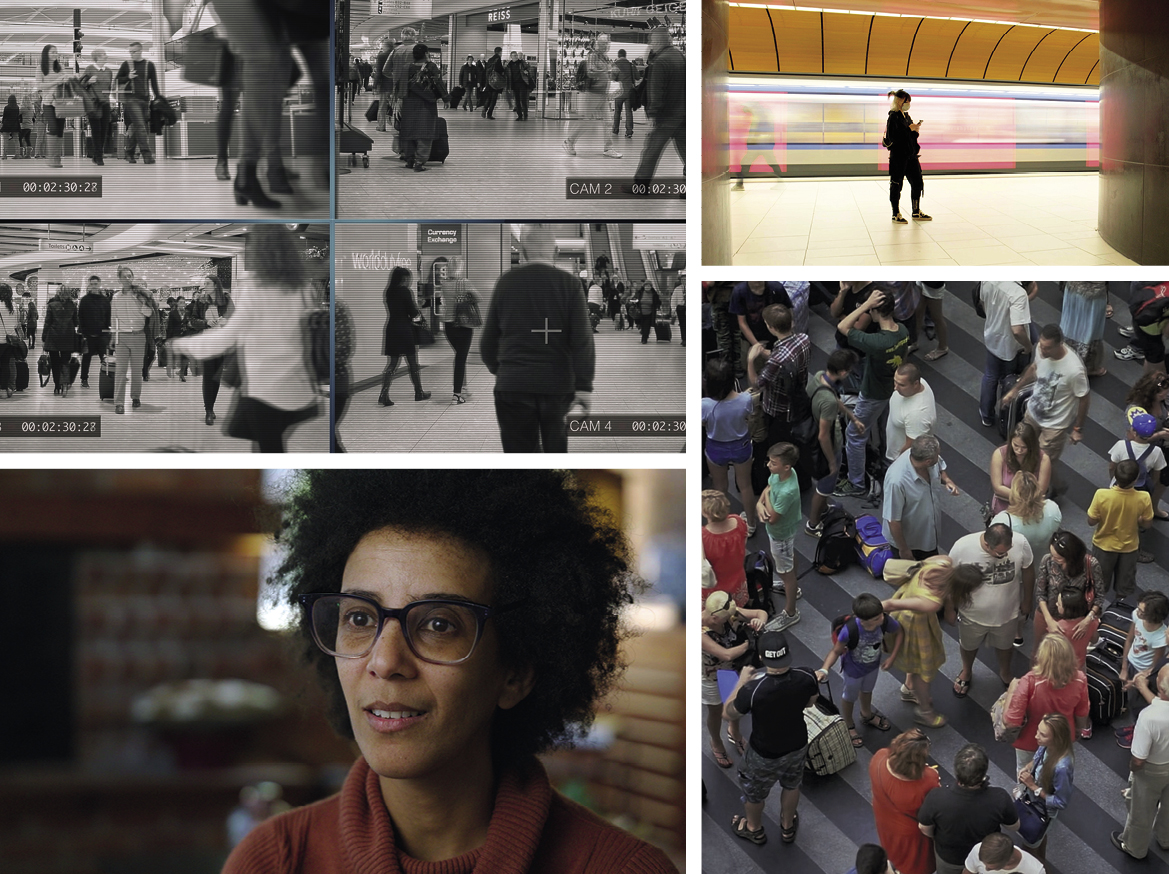THE DARK SIDE OF ALGORITHMS

What happens if algorithms make mistakes? We tell the stories of people whose lives have been irreparably damaged by algorithms. And we ask researchers, politicians and artists how we can imagine a better and safer future around AI.
Algorithms decide whether we are creditworthy, entitled to social welfare and which partner is the right one for us. They make momentous decisions about our lives without our knowledge. It's hoped that they will be more efficient than us and eliminate human error with their cold logic. But a look behind the intimidating façade of artificial intelligence reveals a very different, rather disturbing picture. We meet people whose lives have been turned upside down by misjudgements of algorithms. Like teenager Marie who became anorexic as a result of YouTube algorithms. Macarena, in Spain, was forced to go into hiding from her abusive husband for six years after an algorithm used by the police had calculated that she and her children were not at risk and therefore needed no further protection. Derya in the Netherlands became homeless after an algorithm branded her a fraud and the Dutch tax authorities demanded a refund of thousands of euros that she was unable to pay. These errors stem not from the algorithms themselves, however, but from their developers and users. After all, algorithms are essentially neutral computations that can be used for good or for ill. But who is responsible if AI turns out to be a curse rather than a blessing?